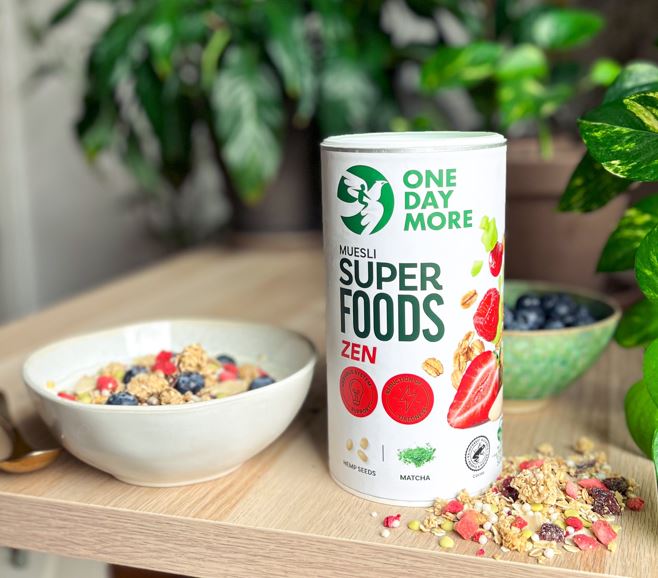- SUSTAINABILITY AND MARKET GROWTH
According to Mintel, there has been a staggering 657% increase in products introduced globally in paperboard cans, stamped with the FSC® (Forest Stewardship Council) logo.
The Forest Stewardship Council® (FSC®) is an international nongovernmental organisation that promotes environmentally appropriate, socially beneficial and economically viable management of the world’s forests.
FSC® is dedicated to the promotion of responsible forest management worldwide.
FSC® labelled brands are permitted and encouraged to speak about their use of recycled content and materials from FSC®-certified forests, recycled materials, and/or FSC®-controlled materials.
The FSC® logo is easily and widely recognised – which means that there are sound commercial, as well as environmental reasons for using it.
- SHELF APPEAL AND MESSAGING
Even if consumers don’t recognise the FSC® label on sustainably packaged products, they do understand the value of protecting paperboard’s raw material resources.
Rigid paper containers can enhance brands’ natural and minimally processed messaging – particularly in the nutrition field. Also, rigid paper containers’ designs can offer a range of expression for brand marketers – be it fun, bright, playful or sophisticated.
Rigid paper cans are increasingly also designed to deliver functions beyond the mere packaging of a product – thus making them more valuable to the consumer. For example, a paper can for a laundry detergent powder may also include a rigid paper lid to serve as a measuring cup.
- SOCIAL RESPONSIBILITY
Consumers are more aware than ever of their individual responsibility to act more sustainably. Research by Food
Dive shows that they are shifting their behaviour so they can contribute to the global goal of lowering emissions.
In fact, more than half (54%) take sustainable packaging into consideration when selecting a product.
Additionally, consumers recognise that it is not just down to them, at an individual level, to make these changes; they recognise that brands should be doing the same. In light of this, it is important for brands to be reenvisioning and re-developing their packaging to not only lower their emissions in the long run, but to be seen as a brand that is acting responsibly, as well as making sustainable packaging more accessible to its customers.
- VERSATILE APPLICATIONS
Rigid paper packaging, now well-established in the food and drinks sector, is also being increasingly used in the beauty and cosmetics markets where glass, rigid plastic and metal/aluminium have dominated in the past.
Many deodorants, skin creams and fabric care brands are converting to rigid paper containers to boost their green credentials.
- PERCEPTION VS GUIDANCE
In some sectors where rigid paper containers are not yet widely used, this type of packaging can offer a new experience to the consumer.
Yet regardless of the packaging type, they still value clear messaging that advises on its recyclability or reuse capabilities, as well as information about responsible forest management and product protection. If the correct guidance is displayed on rigid paper packaging, consumers will be more likely to choose it.





